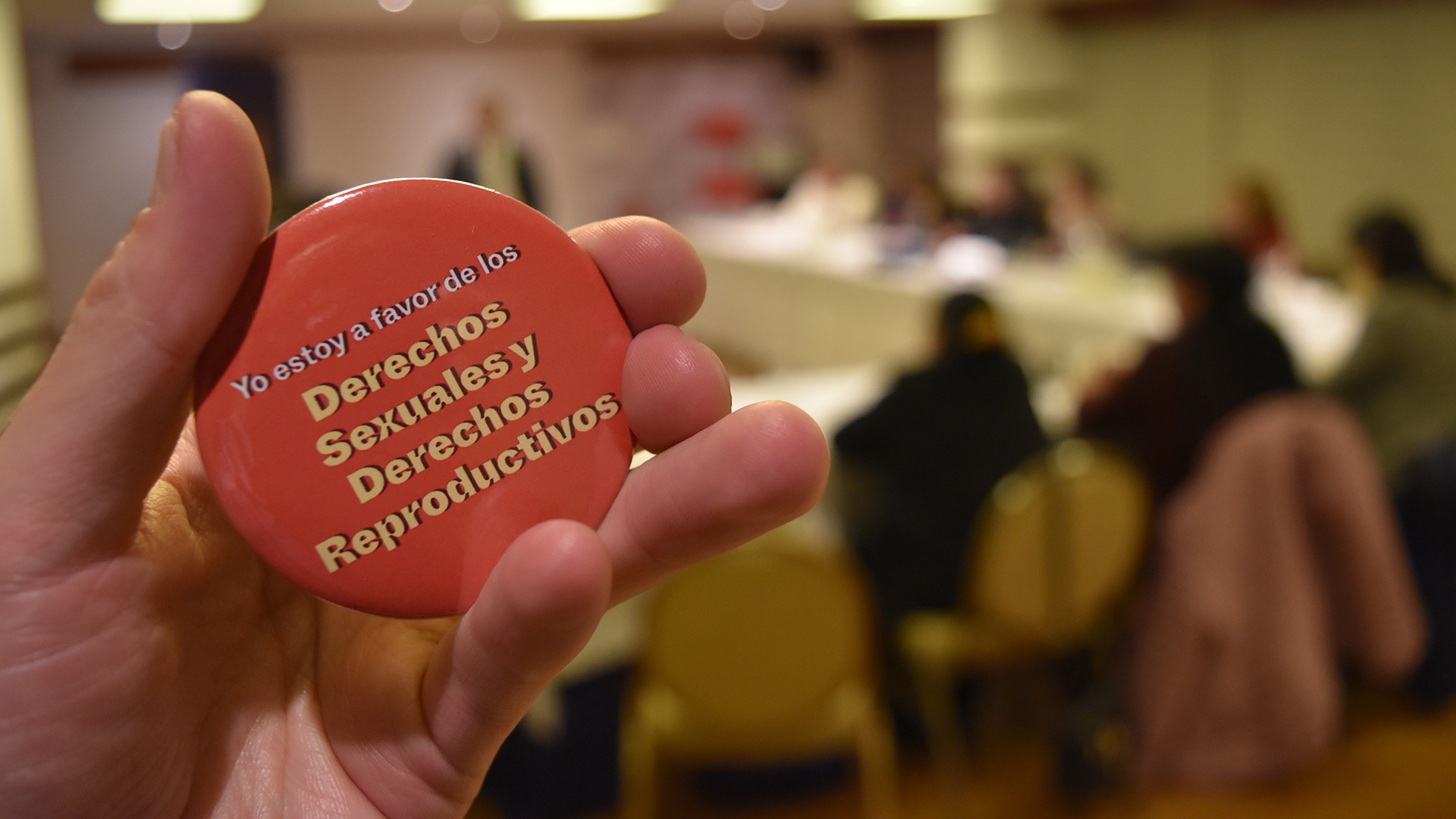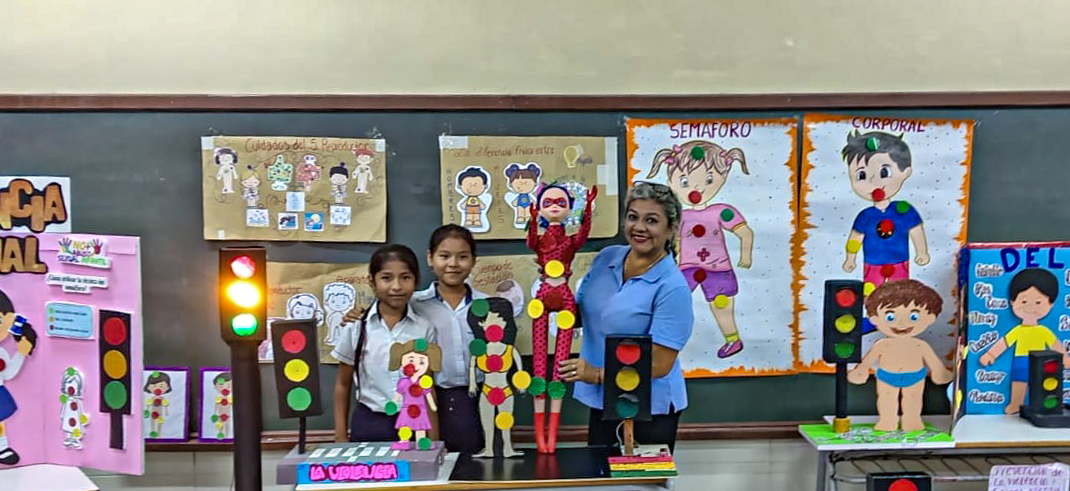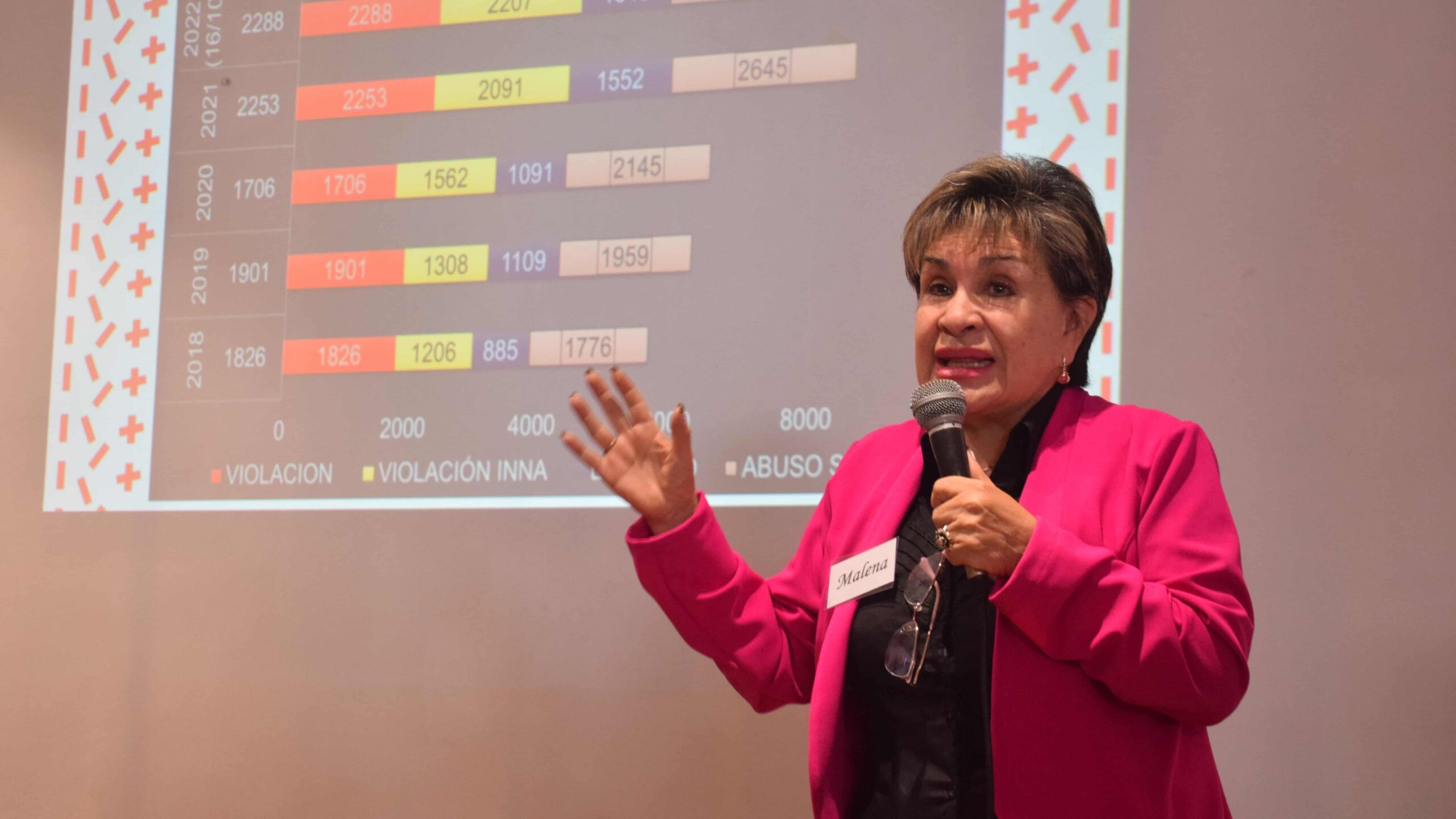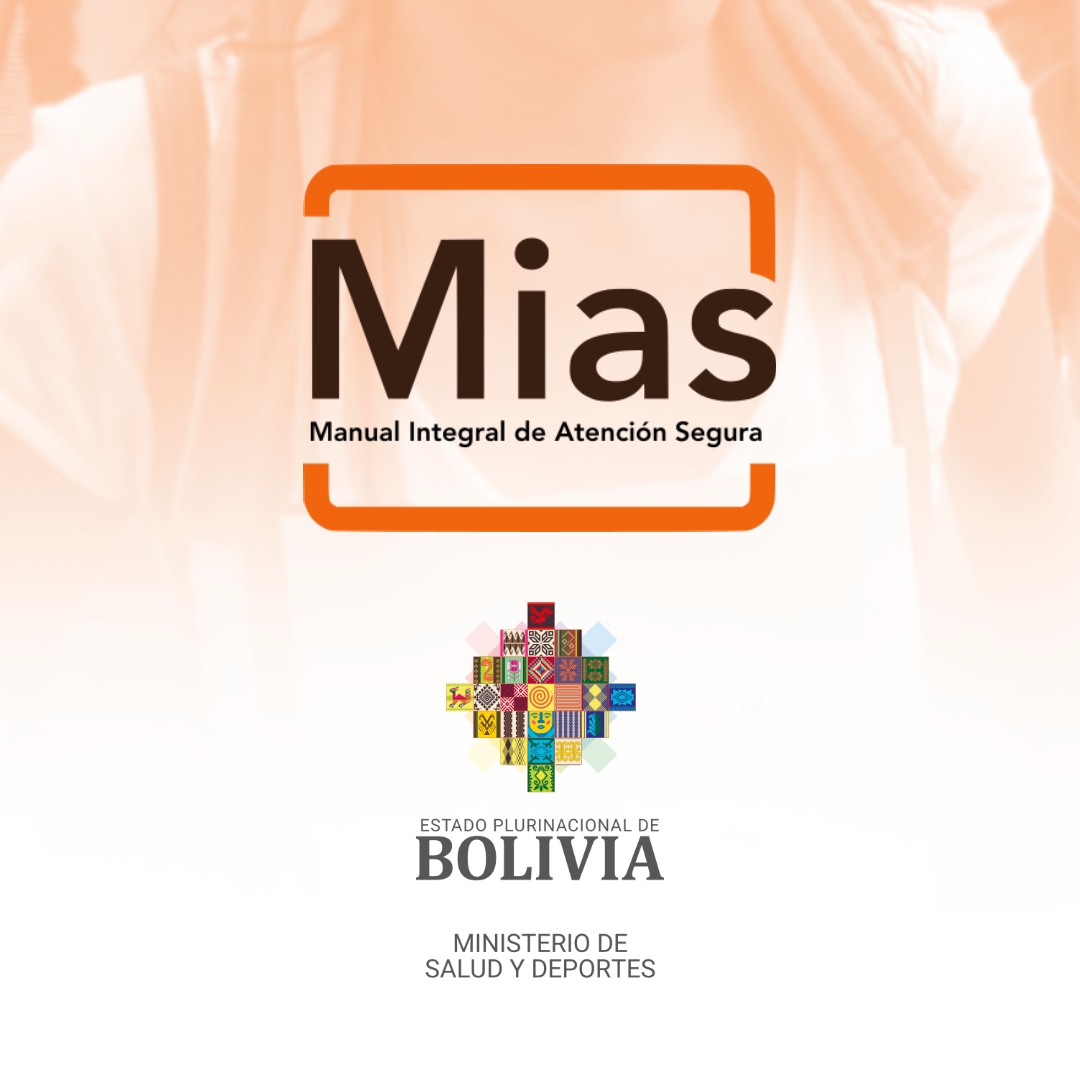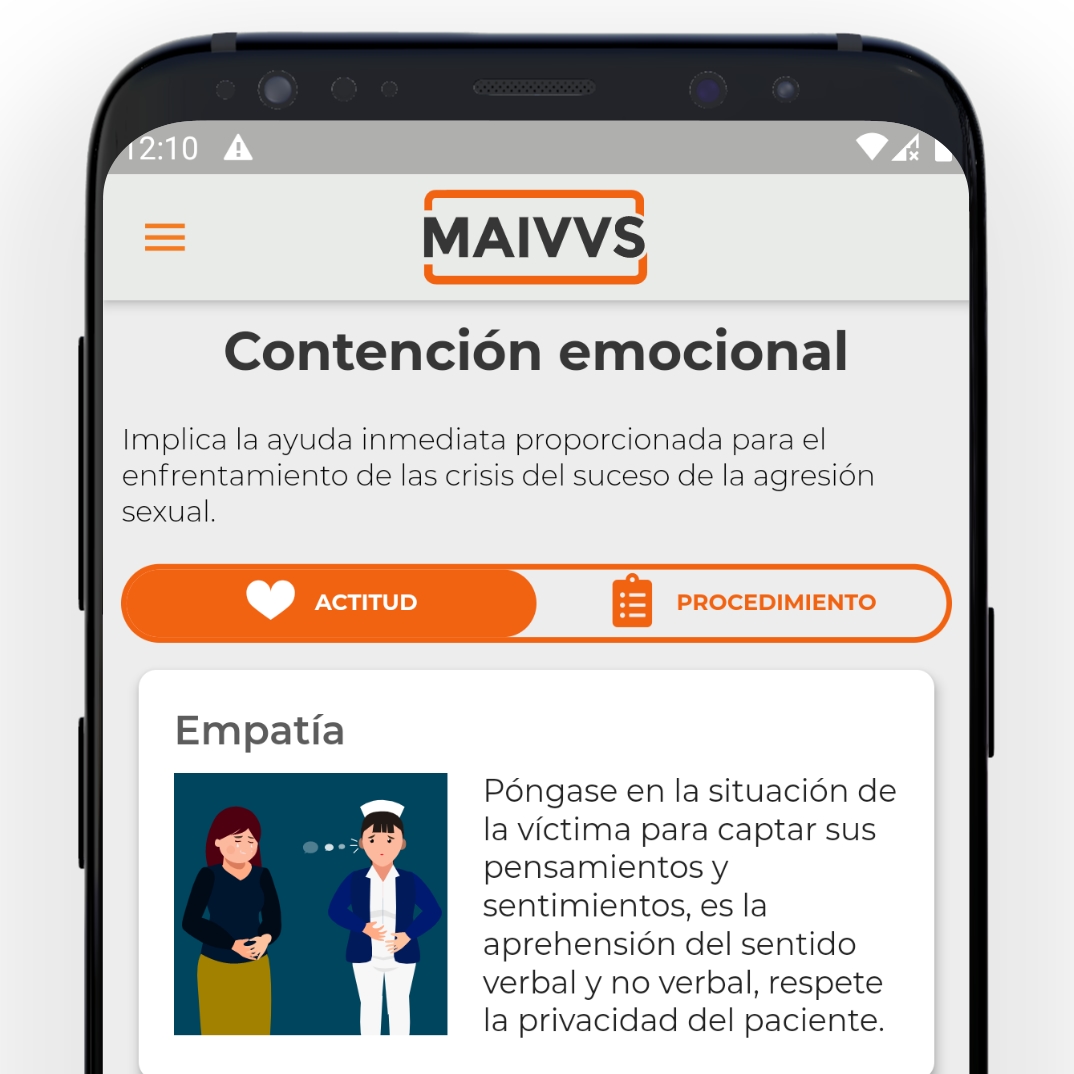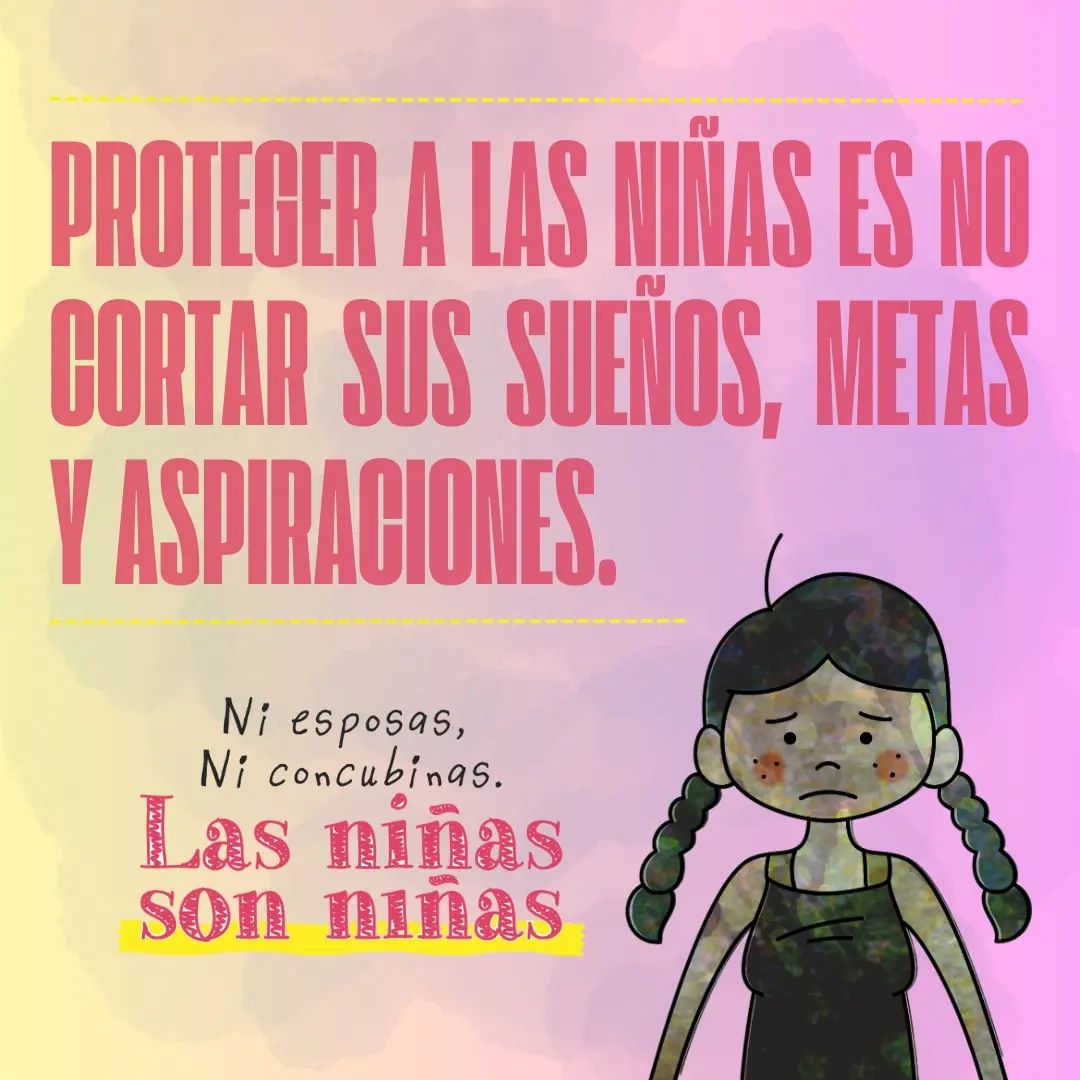In Bolivia, comprehensive care for victims of sexual violence takes a central role with the implementation of the “Model of Comprehensive Care for Victims of Sexual Violence”. This model, developed in 2015, seeks to strengthen the work of health teams by providing technical, conceptual and practical tools to address this critical issue in an effective and compassionate manner.
Sexual violence, a heinous act that leaves deep scars on victims, not only physically but also emotionally and socially, is defined as any action that seeks to force a person to perform sexual acts without his or her consent. In many cases, this is carried out using a hierarchical position, subordinating the victim by physical or moral force. The consequences are far-reaching, and it is essential to address it as a medical emergency.
One of the crucial aspects of this model is the need for all health personnel in Bolivia to be properly trained and updated in the care of victims of sexual violence. Health professionals play a fundamental role in the early identification of signs and symptoms, the provision of emergency medical care, the collection of forensic evidence, and emotional and psychological support. This care is not only a moral duty, but also a legal duty, and is guaranteed by Law No. 348, which seeks to ensure a life free of violence for women in Bolivia.
However, despite the existence of this model and the legislation in force, there is a worrying lack of compliance in many cases, resulting in the re-victimization of the affected individuals, according to Dr. Susana Asport Terán, Ipas’s health coordinator. Re-victimization occurs when victims, already traumatized, face new suffering due to a lack of knowledge and application of health protocols and policies.
Asport explained that revictimization manifests itself in the way the victim is questioned and in the lack of focus on her recovery through therapy, leading to further attrition and helplessness. This process of revictimization goes against the fundamental principles of victim care and protection.
The challenge lies in ensuring that all health personnel and institutions working in Bolivia with victims of sexual violence are trained, updated and sensitized in the application of the Model of Comprehensive Care for Victims of Sexual Violence. This requires not only initial training, but also continuous updating of knowledge and sensitization in comprehensive care.
The Ipas Coordinator emphasized that health-care providers may be the first to come into contact with a victim of sexual violence and, therefore, must be prepared to provide compassionate and effective care. This includes identifying signs and symptoms of physical injury and providing emergency medical care if necessary, collecting forensic evidence without a court requirement, assessing and treating sexual injuries, preventing sexually transmitted infections (STIs) and the possibility of pregnancy, among others, and notifying authorities such as the FELCV and SLIM or DNA for the provision of emotional and psychological support.
COMPLETE ARTICLE IN EL PAÍS TARIJA

